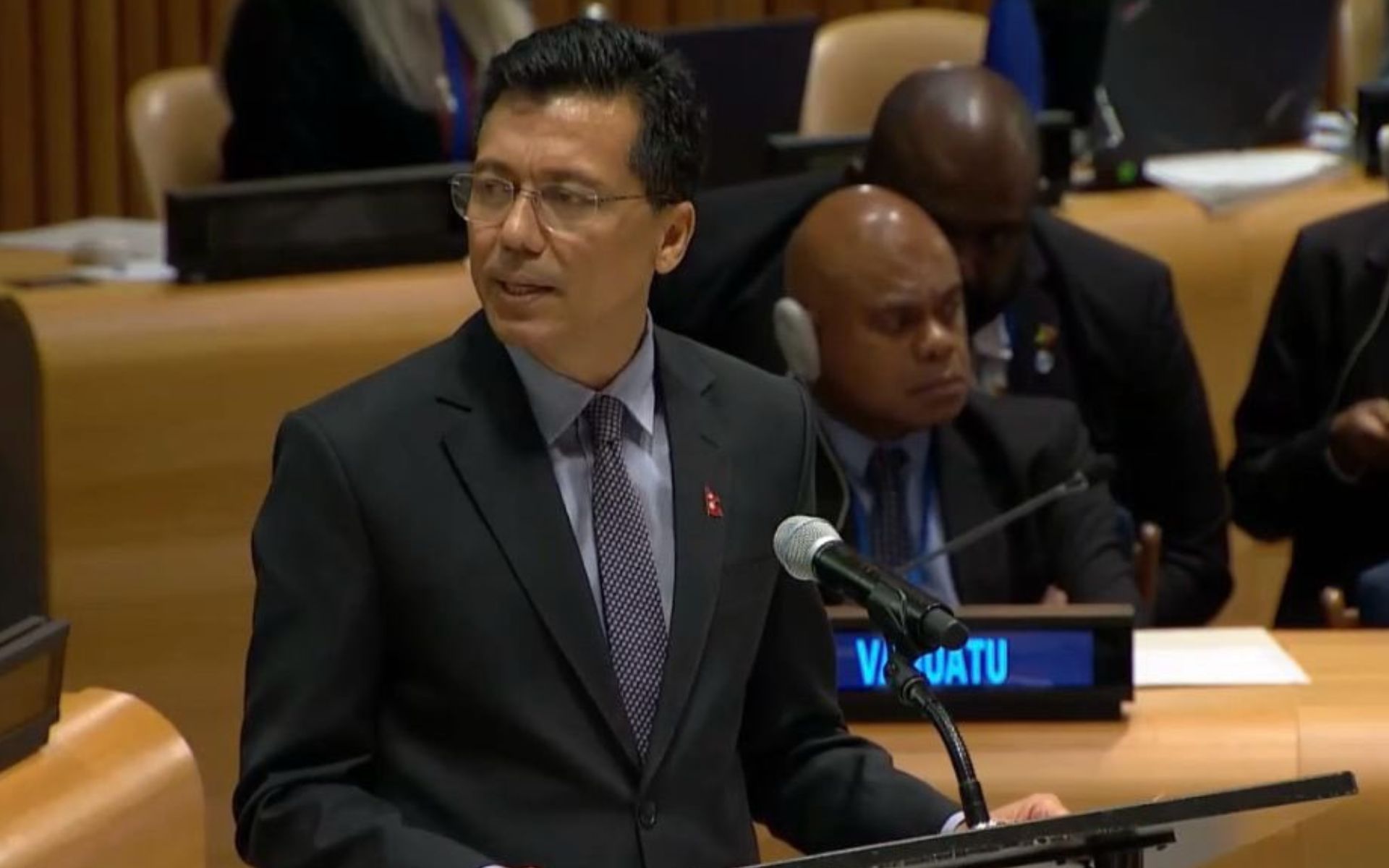
Kathmandu: Nepal has reaffirmed its commitment to advancing gender equality and women’s empowerment, calling for renewed global resolve and sustained international support at the High-level Meeting on the Thirtieth Anniversary of the Fourth World Conference on Women (Beijing+30), held at the United Nations in New York.
Addressing the gathering, Ambassador Lok Bahadur Thapa, Nepal’s Permanent Representative to the UN, said the Beijing Declaration and Platform for Action remains a cornerstone of global progress but warned that gains remain uneven and vulnerable to setbacks.
“Discriminatory norms and systemic barriers continue to restrict women’s full participation. Gender-based violence still affects one in three women globally. Safeguards around reproductive rights are under threat, and online spaces are increasingly misused to harass and silence women,” he cautioned. He further noted that climate change, conflict, and economic instability are exacerbating gender disparities worldwide.
Highlighting Nepal’s achievements, Ambassador Thapa said the country has made significant reforms to institutionalize gender equality. “Our Constitution guarantees gender equality as a fundamental right. Gender is mainstreamed across policies, progressive laws have been enacted, and measures to end gender-based violence have been adopted and implemented,” he said.
Nepal has also reached historic milestones in women’s leadership and participation: over 34% of parliamentary seats are held by women, 40% of elected positions in local bodies are occupied by women, around 30% of civil servants and 40% of school teachers are women, and more than 10% of the security forces are women.
For the first time in history, a female Prime Minister is leading the Government of Nepal. Ambassador Thapa stressed that Nepal is now focusing on expanding women’s access to credit and entrepreneurship, investing in care systems to reduce the burden of unpaid labour, and bridging the digital divide to enable inclusive participation in all spheres.
However, as both a Least Developed Country (LDC) and Landlocked Developing Country (LLDC), Nepal faces structural and economic constraints that deepen gender inequalities, particularly in access to infrastructure, financing, markets, and technology. He urged the international community to step up with sustained financing, capacity building, and transformative partnerships.
“Gender equality is not just a moral imperative—it is a strategic necessity for inclusive development and resilience,” he concluded. “Let Beijing+30 reignite global resolve and reimagine a future where every woman and girl can thrive with freedom, dignity, justice, and equal opportunities.”